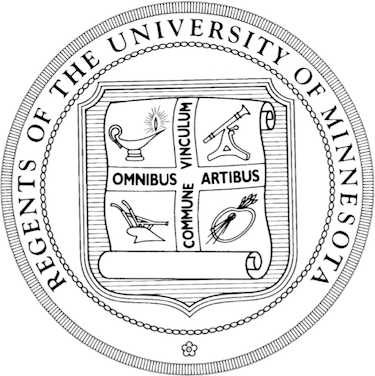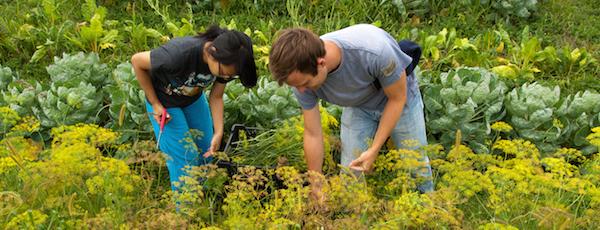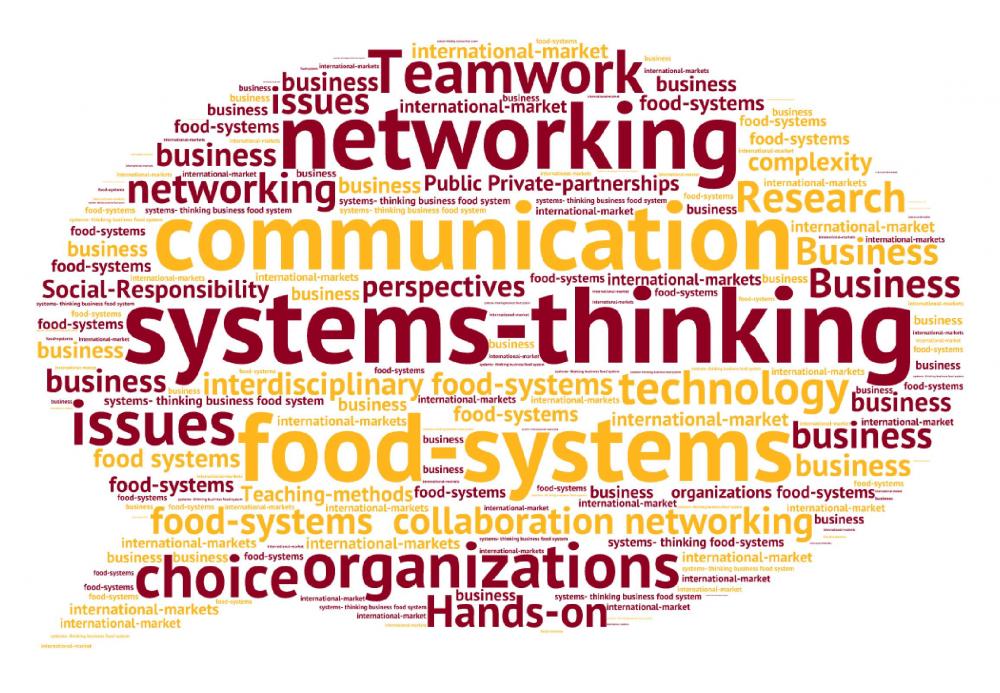University of Minnesota: Food Systems (BS)
A common bond for all the arts
- Type:
- Food Systems
- Categories:
- Undergraduate Degree
- Keywords:
- General info
-
Components of a food system include farming, food processing, distribution, consumption, recycling, and much more. It's an interconnected set of biological, technological, economic, and social activities that are essential to society.
Food systems can range from local to international, from traditional to organic. Students in this major learn to solve real-world problems sustainably, and to study possible improvements to the system. Life as we know it depends on food systems functioning successfully.
What can I specialize in with this major?
Students in the Food Systems major choose one of these tracks:
· Organic and Local Food Production: Focus on how to grow food organically, what that means, and how to market the products. Studies also include plant and soil health.
· Agroecology: Focus on the interaction of food plants and their environment. Studies include soils, plant physiology, and ecology.
· Consumers and Markets: This track focuses on the business aspects of food marketing, finance, food safety, nutrition, and entrepreneurship.
· Individualized Studies: Create your own focus in food systems. You'll work with a faculty advisor to develop an approved course plan.
What jobs can I get with this major?
Diverse careers are available to Food Systems students. Our graduates go on to work in food companies, farms, gardens, think tanks, governmental agencies, nonprofits and education. Some even start their own businesses. The global food system will always evolve. Graduates of this major gain the knowledge and skills to adapt and lead.
Among many job choices, Food System graduates might do some of the following:
· design food supply chains
· serve as sustainability officers for food corporations
· start or manage organic farms, greenhouses, orchards, or community gardens
· develop federal food, farm, and nutrition policy for think tanks
· be a specialty food buyer for gourmet restaurants or retail
· manage community or emergency food-shelf programs
· be a community organizer for food issues
· create small businesses for artisanal foods
· produce specialty food ingredients
· work as program administrators for research laboratories
See more career information from the Career and Internship Services office. This office provides professional career counselors to all CFANS students.
Why choose CFANS for this major?
Only a few universities in the United States offer a major like Food Systems. It's an emerging academic field—one now sought by many students and employers—and CFANS is proud to be a leader in offering this major. At the request of students and the public, we launched this major in 2013.
With our academic depth and esteemed faculty, CFANS has the resources to provide an exceptional education to students interested in studying the systems that feed us all.
What classes are required? What's the curriculum like?
All Food Systems majors/tracks begin with a core set of classes about food system components and interactions. Topics include food system sustainability, plant production, plant identification, some biology and chemistry, soil science, agroecosystems, also some communications or management. In addition to core classes, students will focus more deeply on coursework related to their chosen track.






University of Minnesota: Food Systems (BS)
A common bond for all the arts